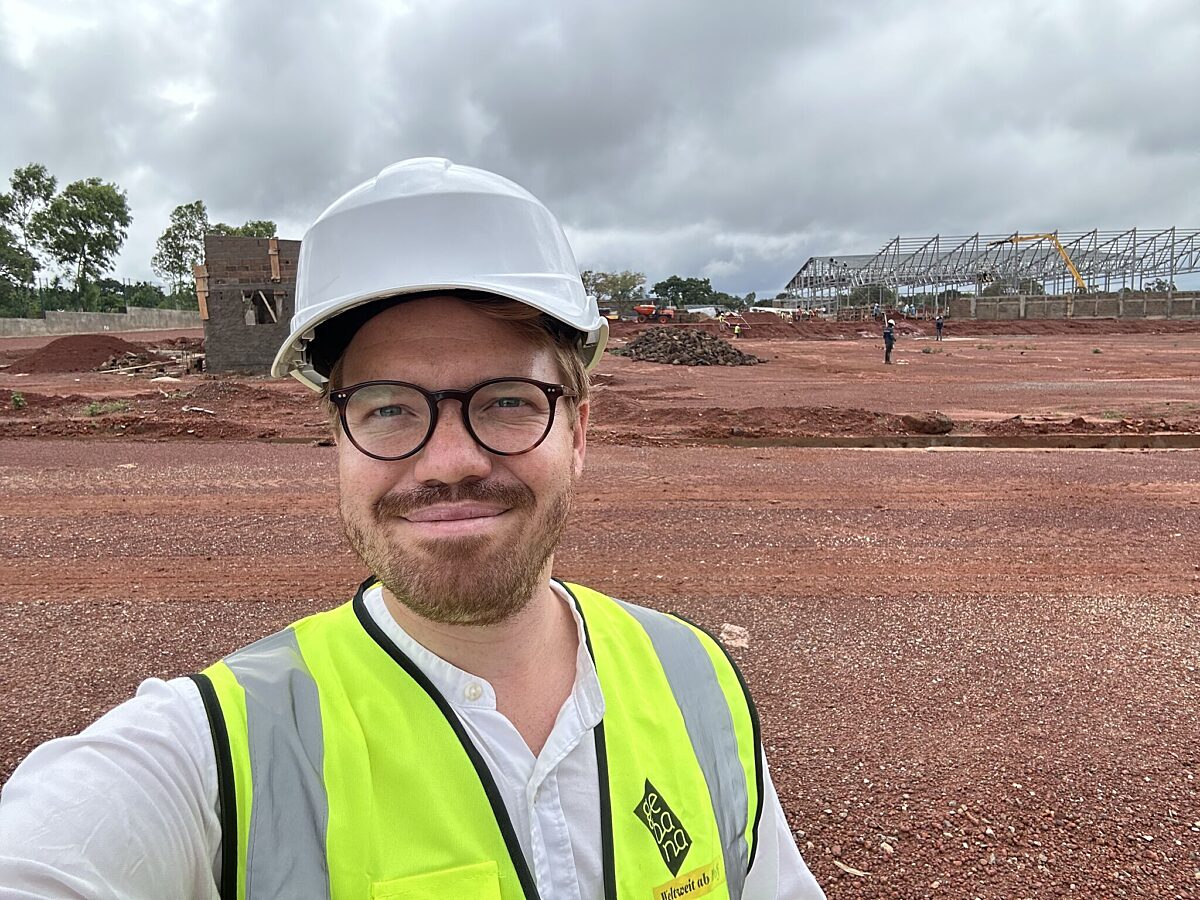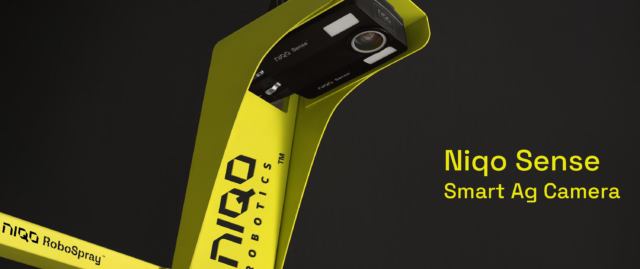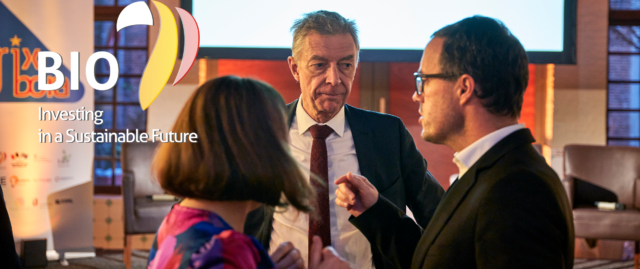Angry gorilla

My name is Oskar Jönsson. I'm 32 years old and I work at gebana, a company that processes and exports fair and organic fruit and nuts. I am the co-lead of a greenfield investment project in Burkina Faso, where we're building a new processing unit for cashew nuts and dried mango.
Shortening the value chain
In the countries we do business, money is usually lost early in the value chain, on the regional level. A lot of the bigger traders don’t want to spend too much time on the ground so they rely on local middlemen. This way, produce will pass through several levels of aggregation before arriving at the company that actually moves the product from the continent. Each intermediary takes a margin, which is usually taken out of the money paid to the producers.
By bringing the end consumer as close as possible to the farmer, gebana is leading the way in changing the rules of trade. Basically, we cut out the middlemen. We replace the intermediary levels and become the single trader, allowing us to pay better margins to family farmers. We also share the profits with our employees, customers, and shareholders.
Function before form
We want to provide authentic food products, that's why we don't sort by how big or how pretty our produce is. We sell green oranges from Greece, for example. Even though they taste just like an orange orange, they are usually thrown out because they don't look like what we're used to. However, we still sell them and can therefore offer a better income to the farmer.

Pushing reforms
gebana has been actively involved in pushing for better legislation, both on a national and a European level. The European due diligence directive, for example, was originally discussed in Switzerland, but did not pass. So when it arrived at European level, we started advocating with our chocolate Angry Gorilla. The ape is angry because of the bad conditions cocoa farmers have to deal with. To mobilise the community, we asked people to take a picture with one of our angry gorillas and send it to the European Commission to get them to approve an ambitious due diligence directive. Which they did!
Risks and rewards
There are many risks involved in investing in local food production in developing countries, such as the unstable business environment and the difficult framework conditions, such as a lack of reliable electricity, clean water or even accessible roads. In the time it takes to get a fresh product from rural Togo to an export port, it might be ruined when it arrives. A business idea that looks good on paper may be less so in practice.
Another issue is the financial situation of a lot of our producers. It can lead them to make short-term decisions which are not in their long-term business interest. They often simply can’t afford a long-term vision. If they can sell something for an additional 5 cent per kilo, they will do it, even when they know we would pay them a euro more per kilo three months down the road.
This is a challenge for us because we invest a lot in certification, farmer training, and so on. If they don't sell to us, we are not getting a return on our investment. Even though we have contracts with all our producers, we cannot enforce them in practice. That is why we are developing incentive mechanisms. The more loyal you are and the more you deliver until the end of the season, the bigger your bonus will be. But changing the mindset takes time.
Despite the difficulties, however, working in these sectors and regions can be very rewarding. You have a profound impact on the people you work with and on the local economy.
Adding value locally
In Burkina Faso, we processed cashew nuts ourselves, on a small, artisanal scale, and we sourced our dried mango from partners that processed them for us. Now we have built a factory that allows us to move on from artisanal manufacturing to an industrial scale, setting an example for dried mango processing and inspiring our partners.
Through our network we are also able to leverage technical assistance from different funds. This assistance helped us to turn our cashew shells from a waste product into fuel for example. Through pyrolysis, we generate energy, which we then use for the mango drying process, instead of natural gas or firewood.
And of course, while we act as a middleman, we ensure that our products are transformed locally, so their value is captured there, which creates and maintains local jobs. In Burkina, for example, we are one of only two industrial scale processors.
While this strategy is better for the region, it is riskier for the middleman. It is safer to move your produce out of the country and store them somewhere safe, where political, economic and meteorological risks are lower. gebana is able to take on this risk thanks to our patient shareholders, who do not insist on quarterly dividends, thanks to our loyal customers, who are willing to pay a premium for an impactful product, and thanks to our partners, like BIO and EDFI, who want to support us in our long-term vision.

BIO has invested 3 million euro in gebana, a company that processes and exports fairtrade and organic fruit and nuts.
Oskar is a Co-lead factory project & Commercial project manager at gebana. This is his story.
Read our most recent impact stories

Impact story
Robotics as a service
15-04-2024
BIO invested in USD 5 M in the Omnivore Partners India Fund 2 and USD 5 M in the Omnivore Agritech & Climate Sustainability Fund III, two funds of Omnivore, a venture capital firm. Omnivore invested in Niqo Robotics.
Jaisimh Rao is the CEO and founder of Niqo Robotics. This is his story.

Impact story
Don't shy away from the grey
12-02-2024
My name is Joris Totté. I am the incoming CEO of BIO.
This is my story.

Impact story
An illustration of how the world can be
05-12-2023
My name is Tammy Newmark and I am CEO and Managing Partner of EcoEnterprises Fund.
BIO is one of our investors.
This is my story.
